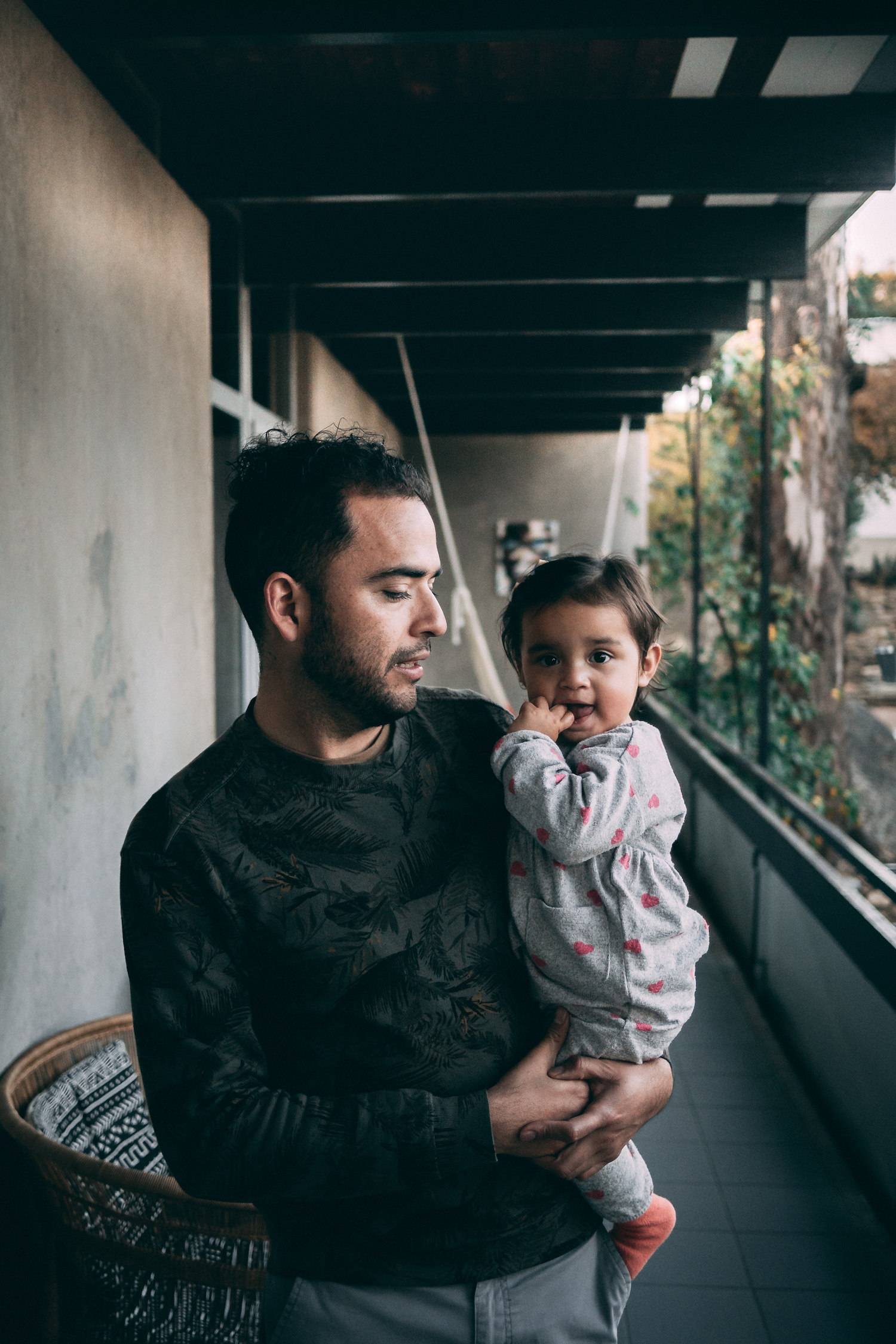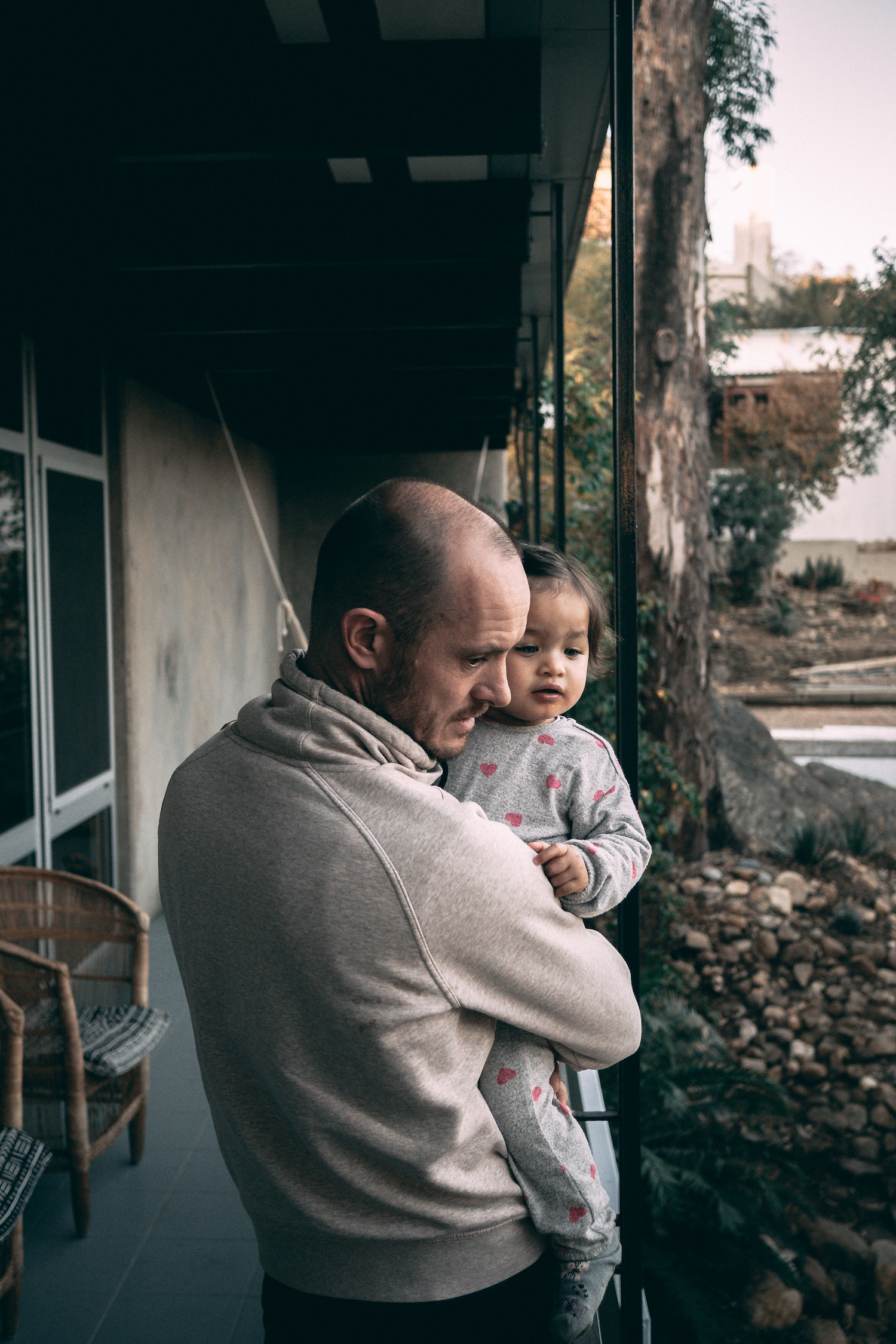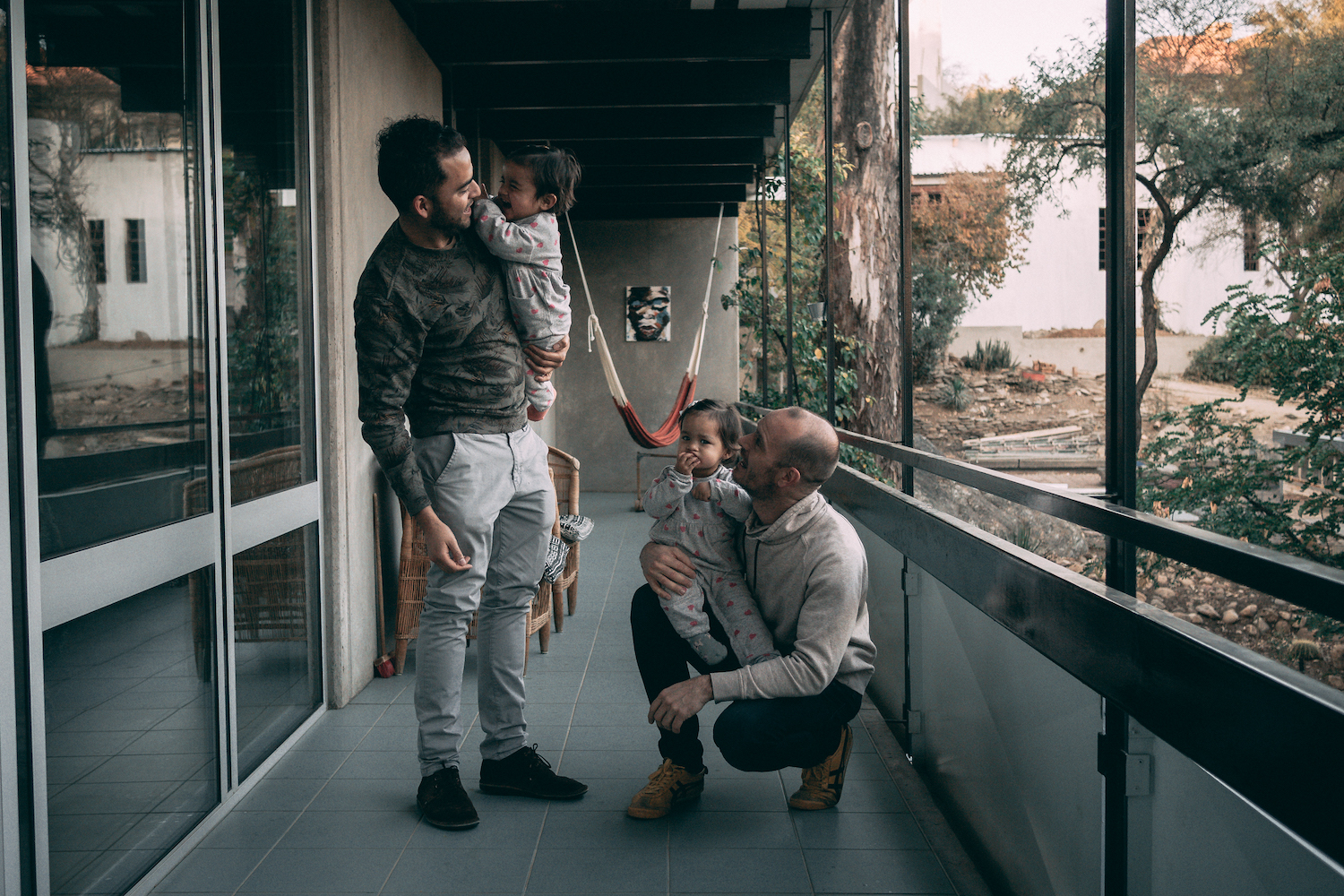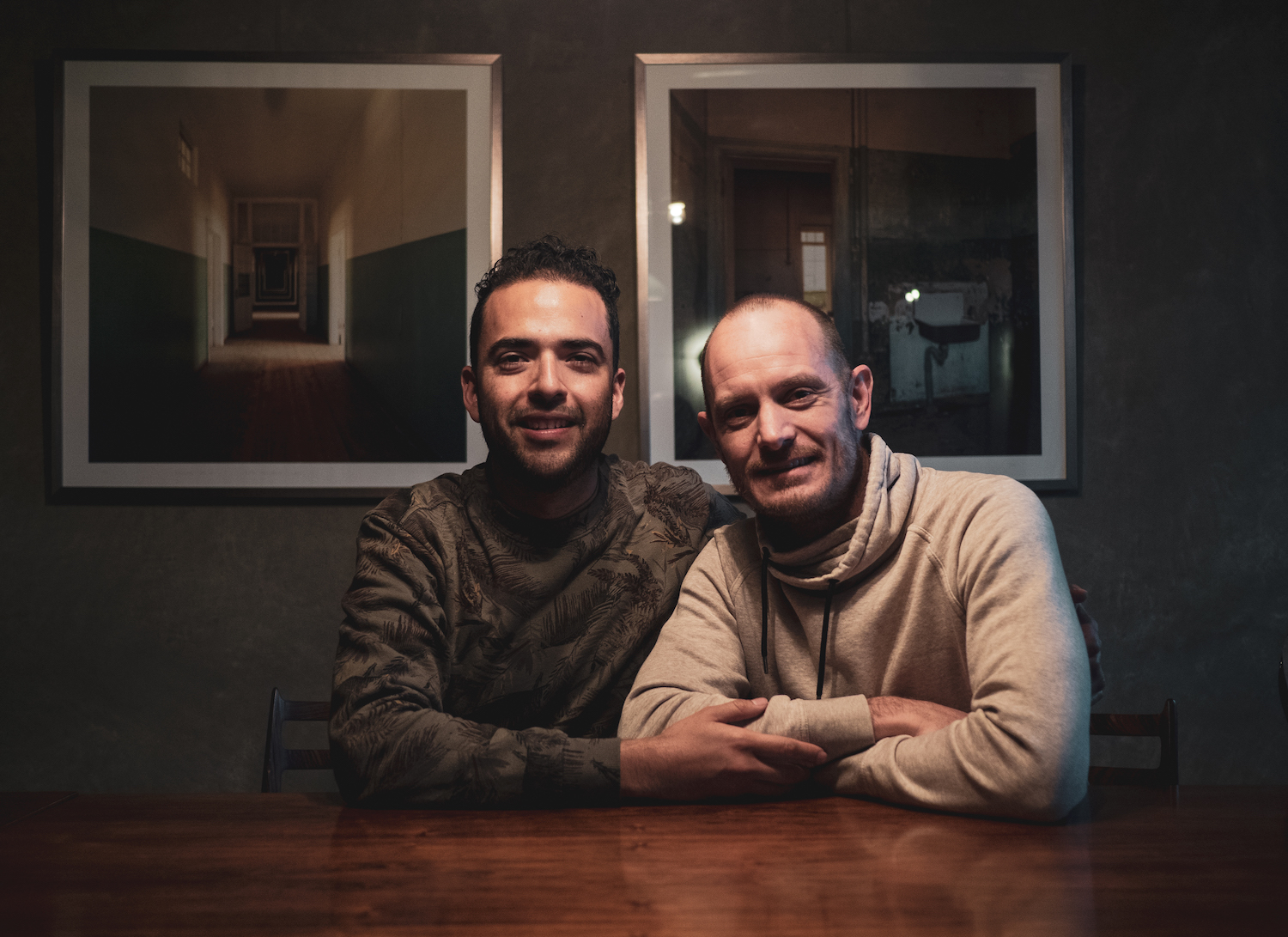“I suppose we are ready for surprises. Our journey has proven that we should expect the unexpected. What we have tried to do is put ourselves above the situation. We want to get ourselves to that point where we can decide to move forward for ourselves,” Guillermo Delgado said, an architect of Mexican origin and father of three.
He raises the children with his partner Phillip Lūhl, also an architect, whom he met while studying for his Master’s degree in the Netherlands over 12 years ago.
Their children were born through surrogacy in South Africa. The children’s immigration status was not recognised until recently when the High Court overturned a prejudicial Home Affairs procedural withholding of recognition.
Before Guillermo and Phillip’s case there had been no legal precedent for surrogate children in Namibia’s immigration law. This also meant that heterosexual couples who went through the process would not be granted citizenship for their children.
The Ministry of Home Affairs has chosen to appeal the judgement made by the High Court.
“To say you cannot be in the country where you live because of who you are, is reminiscent of exile. Exile in contemporary times is dramatic. If we decide to move to Mexico or someplace else, it has to be our choice. Not because of the government’s decision, especially on matters pertaining to our family,” Salgado said.
This photo series aims to demystify same-sex family life by mirroring the mundane day-to-day activities at Philip and Guillermo’s home.













James Jamu is a Malawian-Zimbabwean photographer and documentary filmmaker. His dual heritage influenced his interest in migration, identity, and post-colonialism. He is a One World Media fellow (2021), DW Akademie Constructive Journalism Fellow (2022), and OSISA grant recipient (2020). His work has been featured in National Geographic, Al-Jazeera, DW, The Namibia, and other publications.